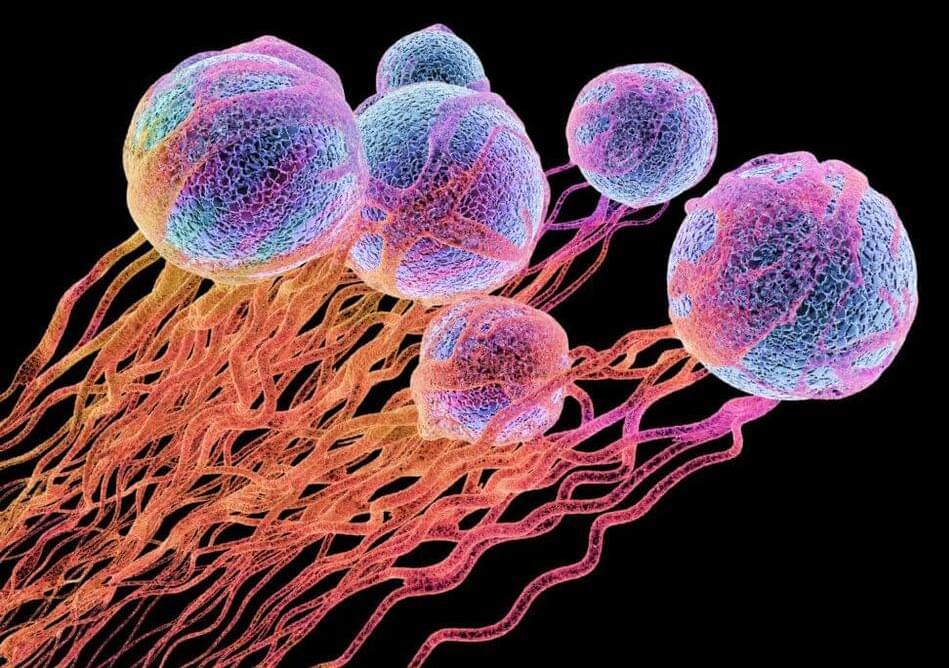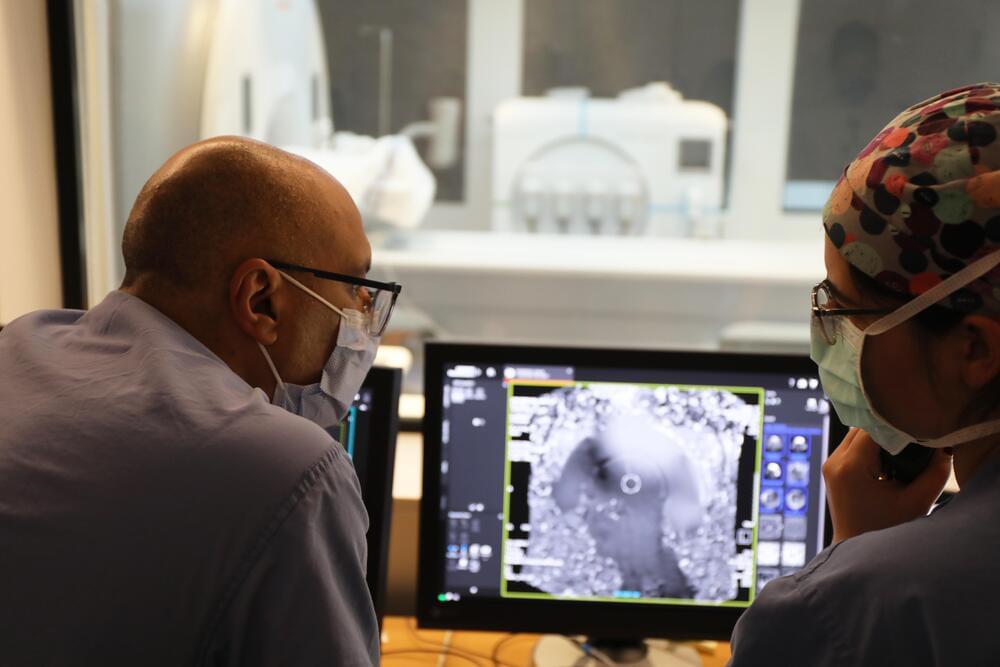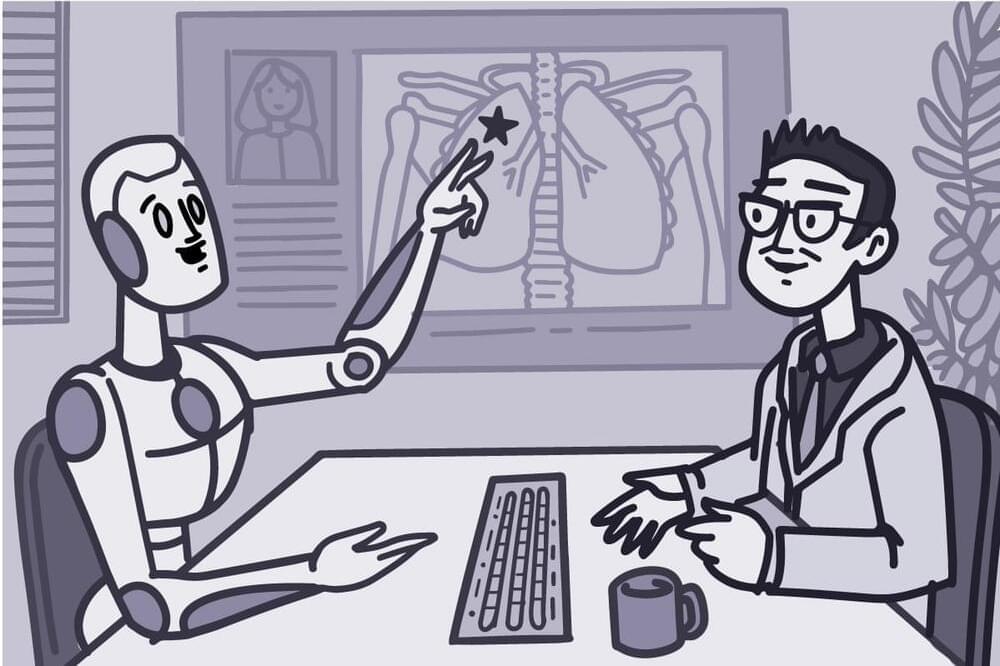Jan 12, 2024
An Immune Cell That Can Attack Cancer May Lead to a New Type of Immunotherapy
Posted by Shubham Ghosh Roy in categories: biotech/medical, health
In a preclinical study, researchers led by City of Hope have discovered that a type of immune cell in the human body, known to be important for allergy and other immune responses, can also attack cancer. The cells, called human type 2 innate lymphoid cells (ILC2s), can be expanded outside of the body and applied in larger numbers to overpower a tumor’s defenses and eliminate malignant cells in mouse models with cancer.
The findings are published in Cell in an article titled, “Therapeutic application of human type 2 innate lymphoid cells via induction of granzyme B-mediated tumor cell death.”
“The City of Hope team has identified human ILC2 cells as a new member of the cell family capable of directly killing all types of cancers, including blood cancers and solid tumors,” said Jianhua Yu, PhD, a professor in the department of hematology and hematopoietic cell transplantation at City of Hope and the study’s senior author. “In the future, these cells could be manufactured, preserved by freezing, and then administered to patients. Unlike T cell-based therapies, such as CAR T cells, which necessitate using the patient’s own cells due to their specific characteristics, ILC2s might be sourced from healthy donors, presenting a distinct potential therapeutic approach as an allogeneic and ‘off-the-shelf’ product.”

















